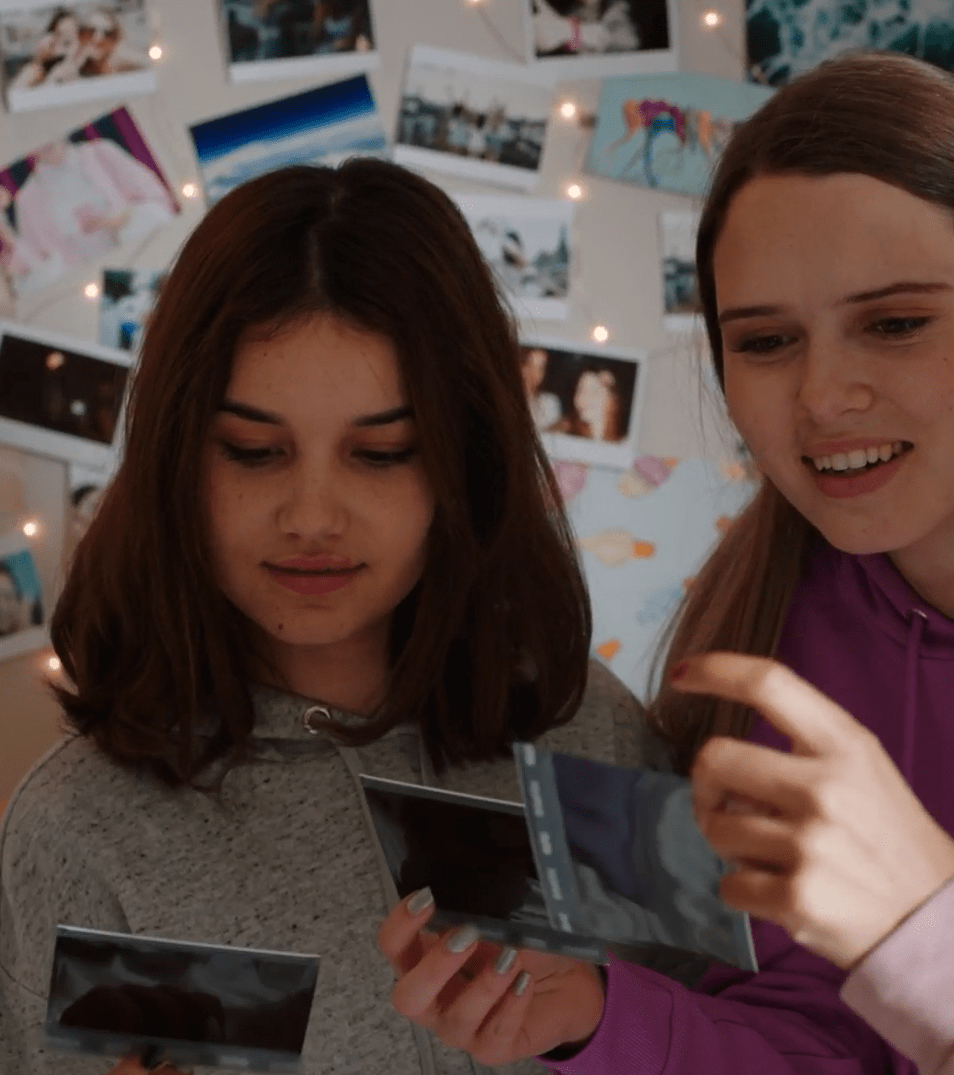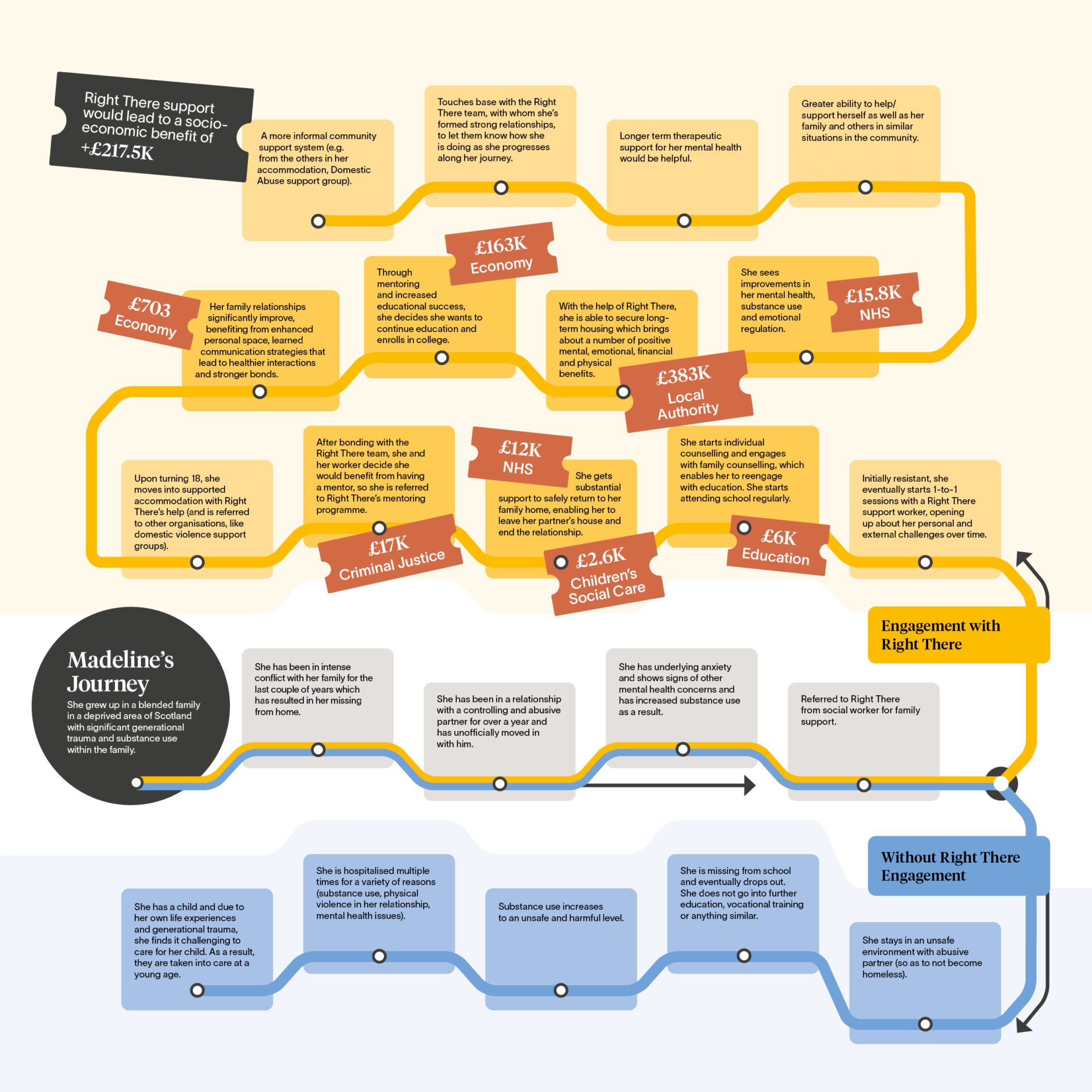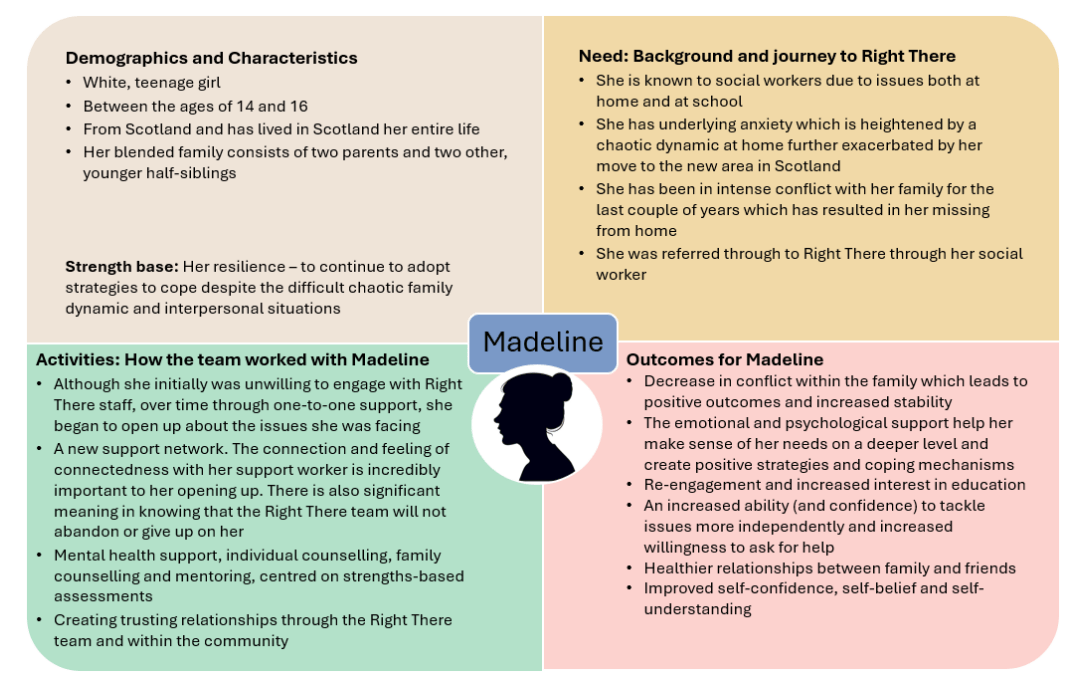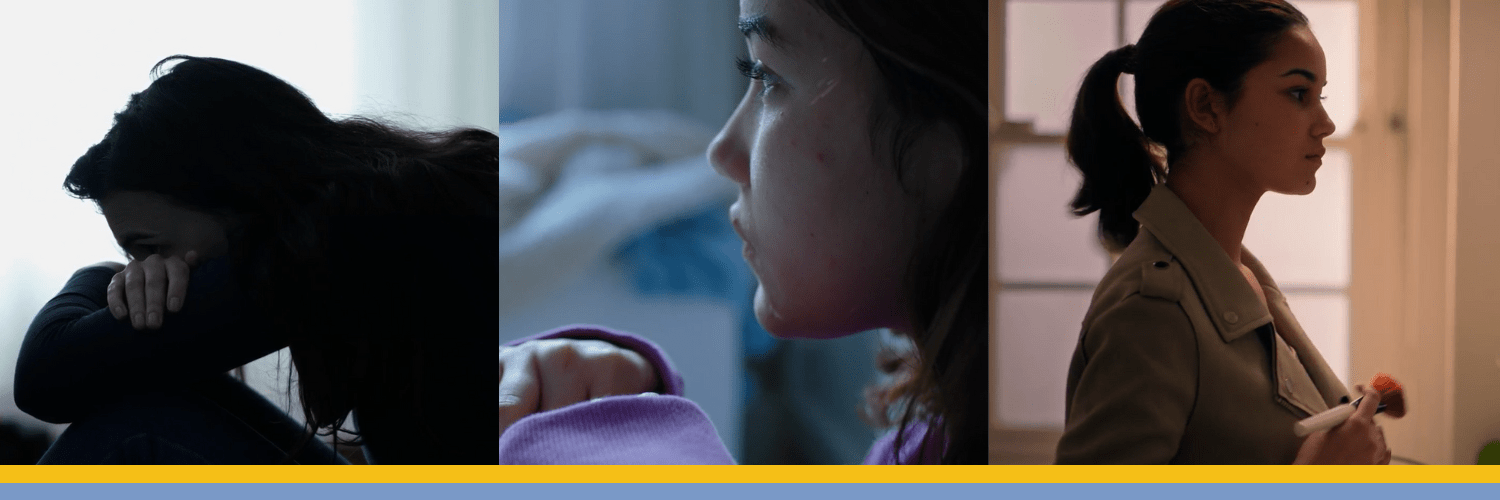
Madeline’s Journey
Madeline is one of five ‘archetypes’ created for our social impact report, based on a series of ‘typical’ storylines about the lives of people that we help. By using these, we can explore their needs, their journey to Right There, how they are supported by us and the difference Right There has made in their lives – as well as what could happen if they did not access help from us.
Madeline’s journey prior to Right There
Madeline grew up in a blended family in a deprived area of Scotland, facing early challenges due to trauma, substance use, and violence at home. As tensions escalated, she repeatedly went missing, leading to police involvement and a referral to social work. Despite this, conflicts at home and school persisted, and she began a relationship that quickly turned controlling and abusive, involving substance use. Feeling trapped and with nowhere to go, she struggled with anxiety, poor mental health, and substance use. Her school attendance declined, and she lost confidence, eventually being excluded after a long absence from education.
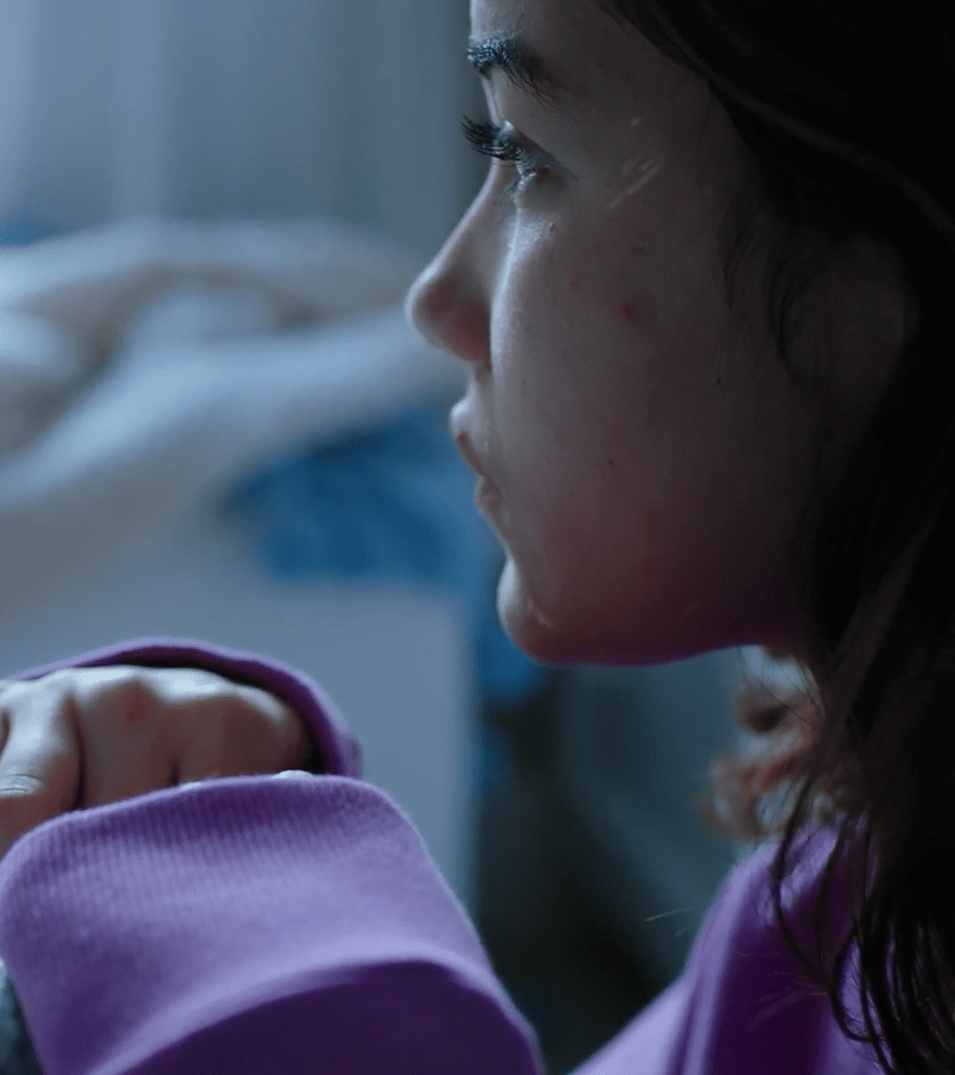

Madeline’s Journey with Right There’s Support
A pivotal moment in Madeline’s life occurs with a referral to Right There from her social worker. Although initially hesitant, she gradually embraces the support provided, finding a safe space to address her needs with a dedicated Right There support worker. Through both individual and family counselling organised by Right There, she tackles underlying issues contributing to her anxiety, home difficulties and abusive partner. These interventions empower both her and her family to communicate effectively and develop coping strategies. With ongoing support, Madeline breaks free from her abusive partner, accessing resources for survivors of domestic violence and finding refuge with her parents by returning to live with them in the short term. Encouraged by her support workers, she enrolls in a mentoring programme, gaining practical tools, individual support, and opportunities for practical support and everyday happiness This newfound stability enables her to refocus on education and, upon turning 18, secure long-term housing with Right There’s assistance. This stability fosters personal growth, reduced substance dependencies, and emotional healing, empowering Madeline to support herself and others facing similar challenges in her community.
Madeline’s Journey without Right There’s Support
Without the assistance of Right There, Madeline feels trapped in her circumstances. Unwilling to return home as she does not feel safe and supported, yet lacking alternatives, she stays in her abusive relationship. Devoid of safety and support, she abandons her education, missing out on positive opportunities and social connections. As her situation worsens, she leans into substance use as a coping mechanism, spiraling into dependency, at great risk to her physical and mental health, which results in frequent hospitalisation. This cycle persists when she becomes a young parent, but her unresolved issues and past traumas make it difficult for her to provide a stable environment for her child. This ultimately leads to the child’s removal by social care, illustrating the significant impact of her journey without the support of Right There.
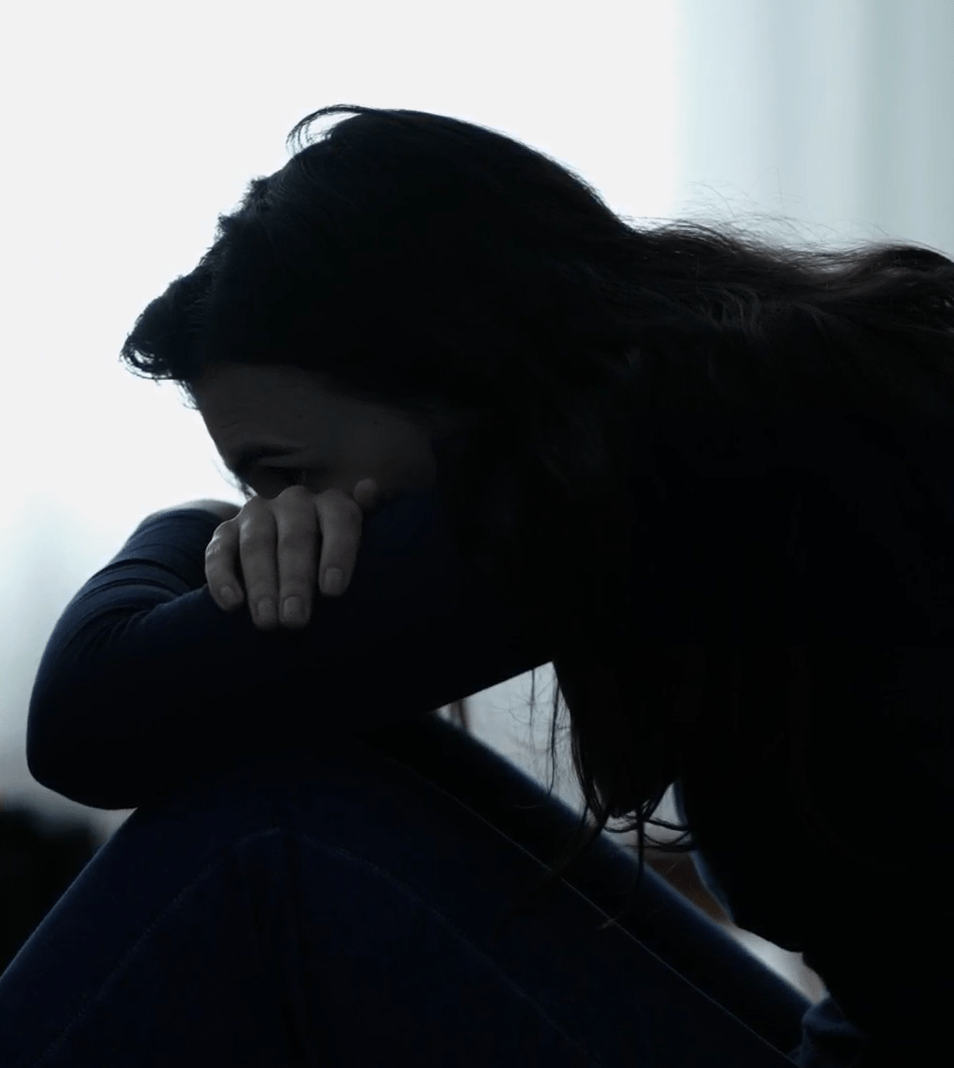
Economic evaluation of the outcomes from Madeline’s story
For each individual “Madeline”, the social benefit is detailed as:
- Avoiding the costs of residential or foster care by returning to the family home and then moving into supported housing yields a saving of £2.6k to the Local Authority.
- Moving into longer term, more sustainable accommodation, this would yield a saving for the local authority of at least £383.
- Receiving support for mental and physical health (stemming from violence and substance use) would yield a capacity saving for the NHS of £27.8k (£4.2k for substance use, £11.6k for mental health and £12k for physical health).
- Her family receives support to avoid the risk of problem debt (saving £703).
- The biggest areas of value generated by Right There’s support, are in receiving support to re-engage with education. As a result, Madeline stops going missing from school and avoids exclusion, saving Education £6k. This, and addressing the underlying issues within the family home, contributes to support Madeline and her younger siblings to re-engage and avoid being NEET at age 18, saving the DWP and the Scottish economy £163k.
Extrapolating this out for all the “Madelines” receiving support from Right There would lead to a social benefit of at least £68.5m.
